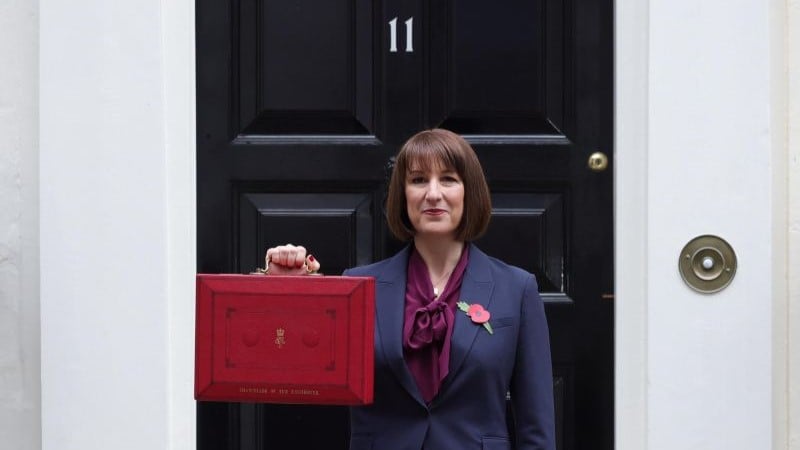Manufacturers, investors, and climate groups have penned an open letter to the chancellor of the exchequer Rachel Reeves, urging her to cut electricity prices to grow the UK’s clean economy.
The letter’s signatories, which include the Green Alliance, E3G, Aldersgate Group, and UK Steel, have called on the government to move policy costs for legacy decarbonisation schemes away from energy bills and into general taxation. Energy UK estimates that this move would cut business electricity prices by up to £40/MWh, lowering bills by 15%, and would also reduce household electricity bills by as much as £370 per year.
The Climate Change Committee (CCC) has stated that the majority of the UK’s industry, transport and household heating needs to be decarbonized by 2050 in order to hit next zero targets. However, the switch to electric heating and transport for both hosueholds and businesses is being significantly hindered by UK energy prices, which are among the highest in the world.
The removal of green energy levies from electricity bills has precedent in other countries. In 2022, Germany removed its own “green power surcharge” from electricity bills and instead chose to fund development of renewables through a national climate fund; the EU Clean Industrial Plan has encouraged other EU member states to take similar action.
Furthermore, the signatories of the letter are urging the government to provide targeted support to enable the electrification of industry, although the letter does not state what form this should take. The signatories note that the global clean manufacturing industry is set to be worth US$2.6 trillion (£1.95 trillion) by 2030 and warn that without proper support for electrification, the UK will fall behind and miss key opportunities in this growing market.
Laith Whitwham, senior policy advisor at E3G, said that moving policy costs into general taxation is a “fast, fiscally sound fix” that would reduce costs, improve investor confidence, and help Britain keep pace with other countries, adding: “If the UK wants to compete for clean industry and investment, electricity prices must come down”.
Beth Barker, senior policy officer at the Aldersgate Group, stated that shifting policy costs away from energy bills is “essential” to advancing electrification across the country, adding that “the government must go further and faster to provide additional targeted support — comparable to the backing given to hydrogen and carbon capture technologies”.
The statement is backed up by a recent survey commissioned by the UK’s largest energy supplier, Octopus Energy. The survey of over 2,000 UK residents found that cost of living concerns sit as a higher priority than environmental worries for UK households, with 88% of respondents stating that energy bills should be the top priority for the government to help reduce household expenses.
Meanwhile, 71% of those who state they support the aims of the net zero transition say that their support for net zero would end if energy bills continue to rise, while 65% of those who currently don’t support the net zero transition would begin to do so if it led to falling energy bills.






